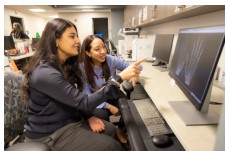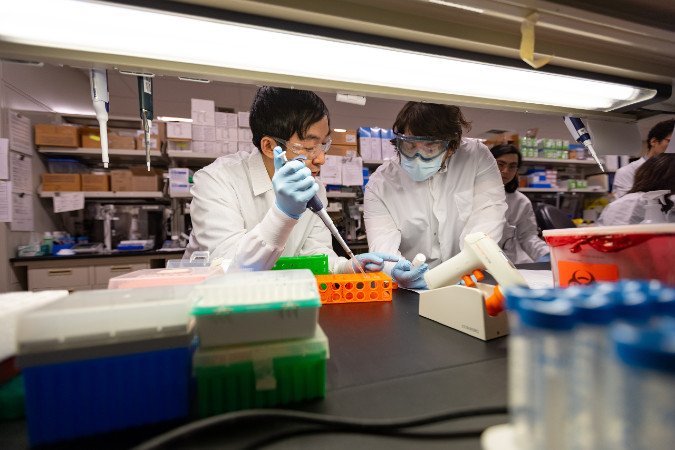The Infectious Disease Fellowship at UC Davis offers a dynamic and comprehensive training experience designed to prepare fellows for successful, independent careers in infectious diseases. Whether your interests lie in academic medicine, clinical practice, or public health, our program provides the clinical depth, scholarly opportunities, and mentorship to help you achieve your goals.
Fellows train at two major teaching hospitals:
- UC Davis Medical Center: a quaternary care academic hospital and referral center for Northern California.
- Sacramento VA Medical Center: a lower-volume, community-style hospital that provides continuity of care for the veteran population.
These distinct training environments expose fellows to a broad range of infectious disease pathology and patient demographics as well as different healthcare systems.
The fellowship includes rich inpatient and outpatient clinical experiences, including consult services, continuity clinics, HIV care, and transplant infectious diseases. Fellows are active participants in weekly didactic sessions, including case conference, journal club, and board review. Scholarly development is strongly supported. Fellows are encouraged to engage in research, quality improvement projects, and academic presentations. Many of our fellows present at national conferences such as IDWeek and collaborate with faculty on publishable work. We are proud to offer a collegial and supportive environment that balances clinical excellence with academic curiosity and professional growth.



